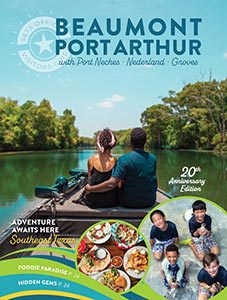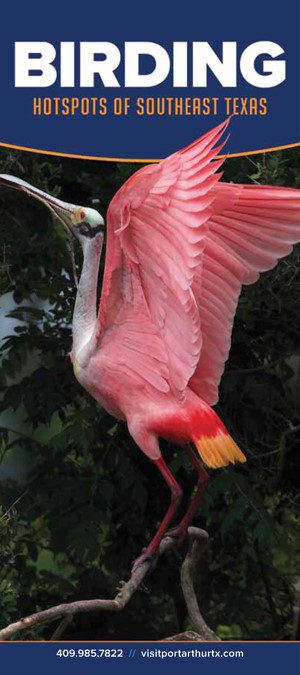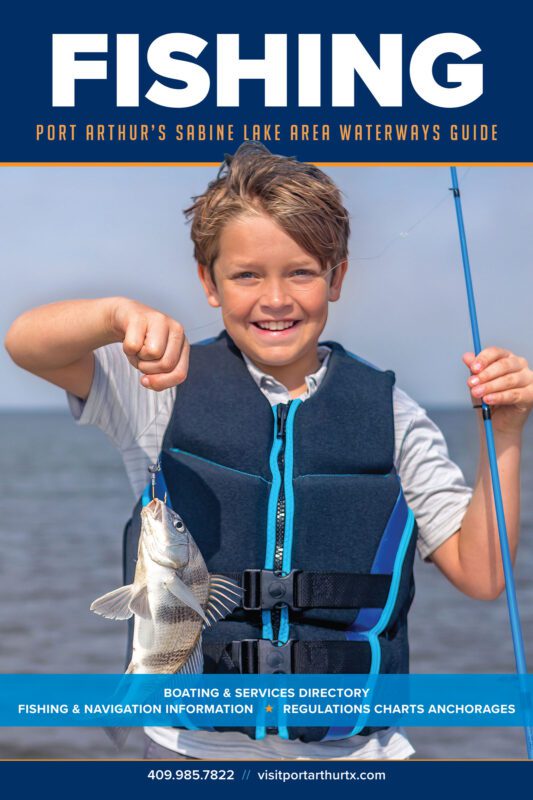Sunny Yellow Birds Color Fall Migration
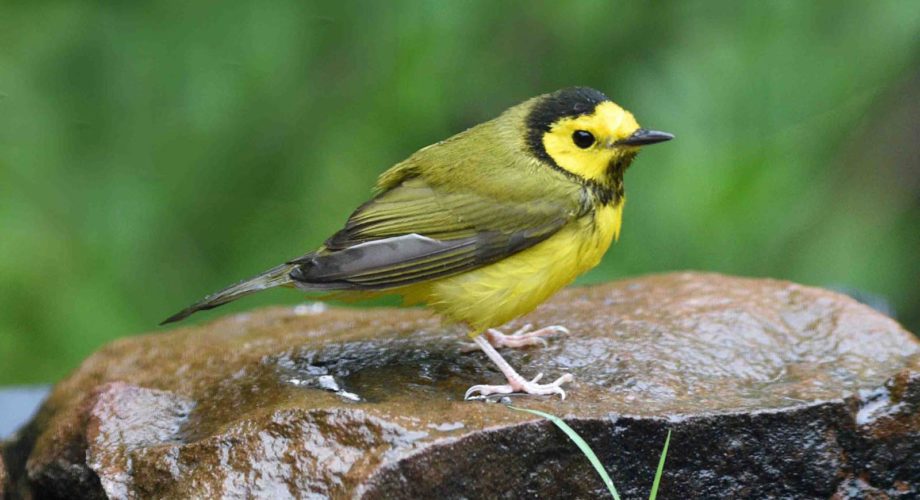
Mellow Yellow
While Port Arthur’s spring migration is a colorful parade headed north, there’s a plumage change when they head back this way for fall. If you love yellow, come see birds headed south as they have a bite and a rest at Sabine Woods. Port Arthur is on both the Central and Mississippi flyways, and a plethora of yellow is headed our way, Jim Stevenson – author, photographer and guide – says. He’s sharing his photos and spotting tips here:
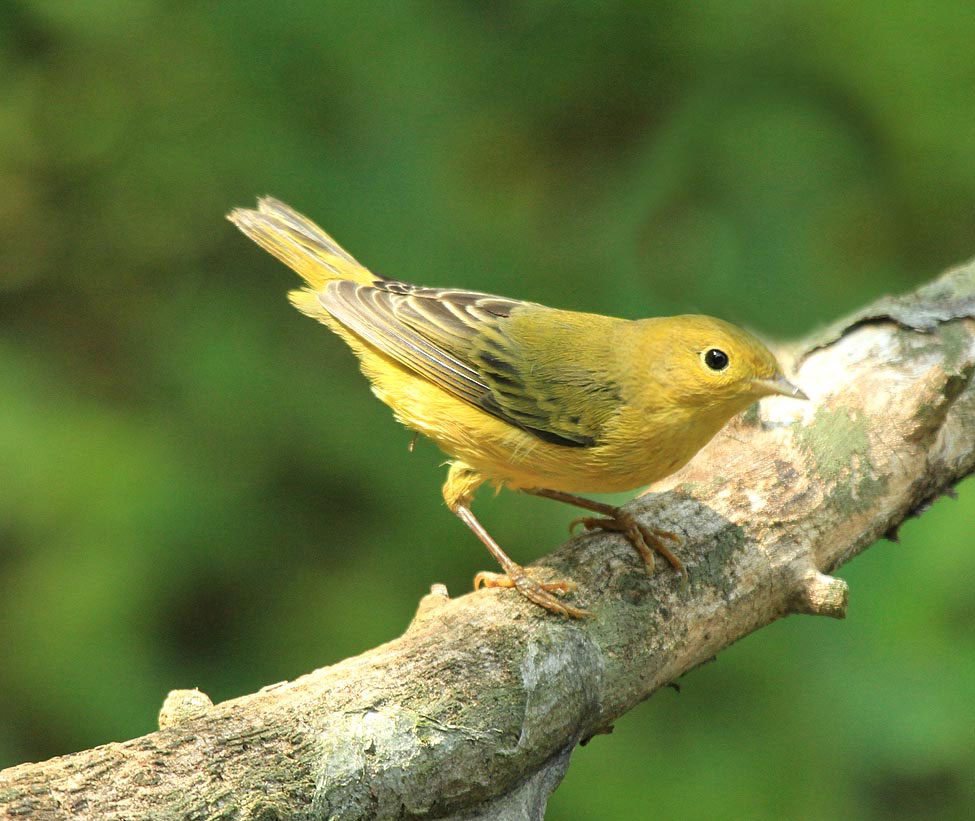
Straight up Yellow Warbler
These early migrants pass through in August and September. They love the water, so look for them around Sabine Woods’ drips. Have a seat on the benches and wait for it….
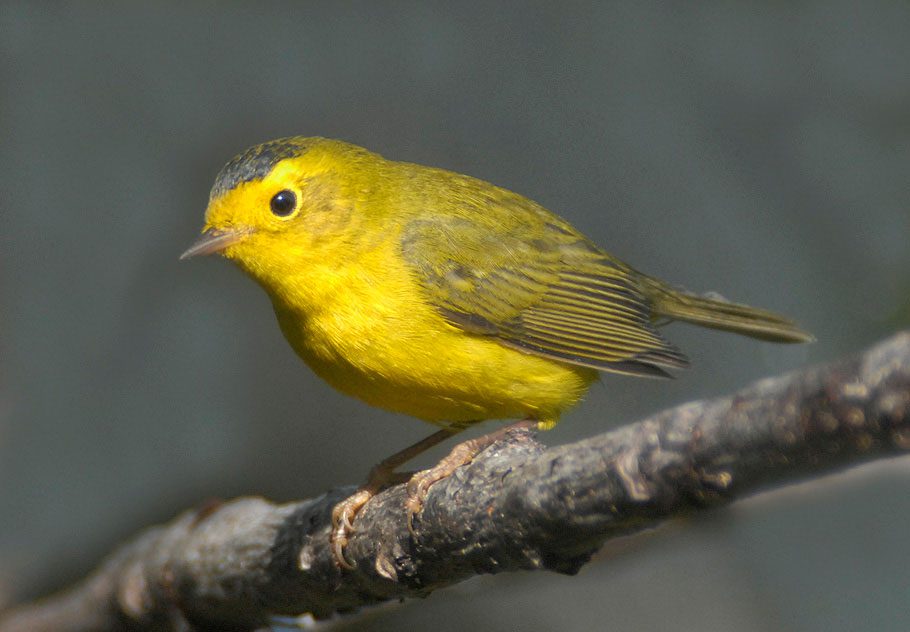
Kiss Kiss, Wilson’s Warbler
He has a yellow eyeline and makes a “kissing sound” while foraging mid-level for tiny insects.
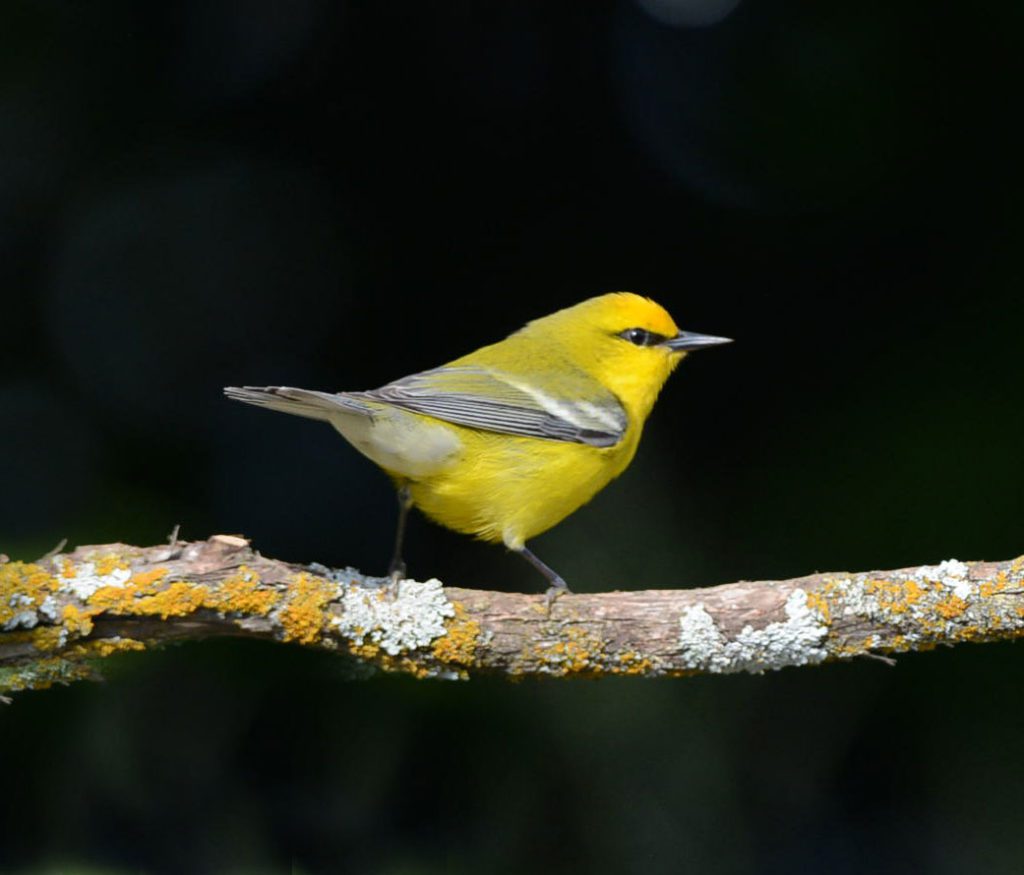
Who wears a mask? Blue-Winged Warbler
Bluish-gray wings and a black mask keep the Blue-winged Warbler in fashion. Look at him on the runway.
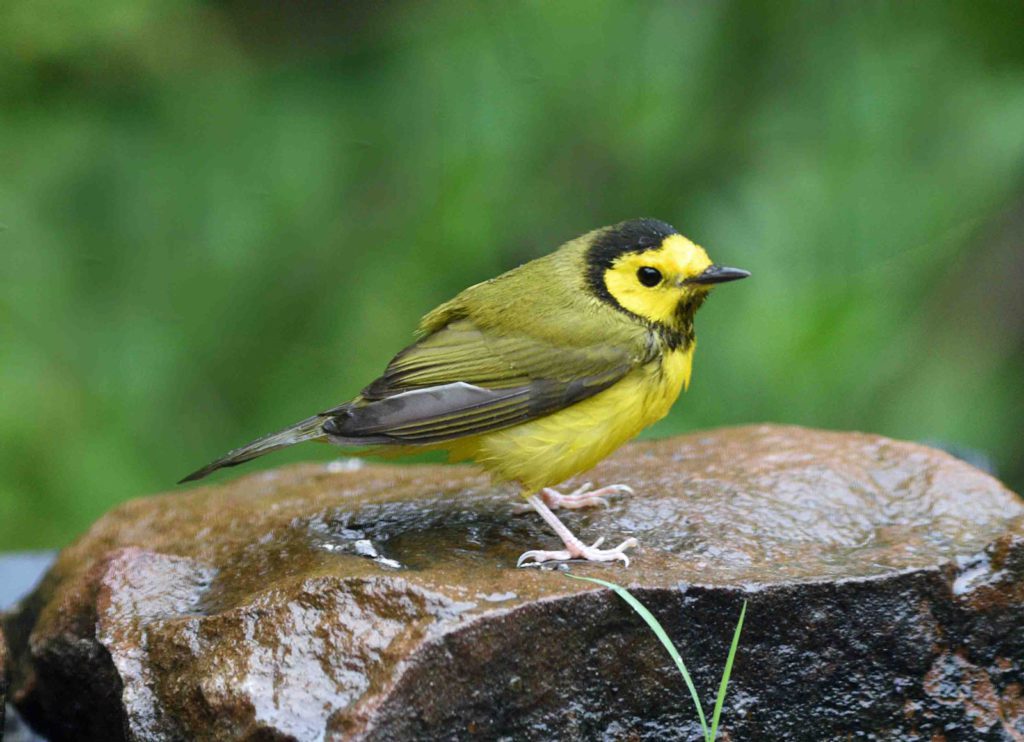
Keepin’ it cool: Hooded Warbler
Wearing a helmet is this male Hooded Warbler. Females have the outline of one. They feed on the ground.
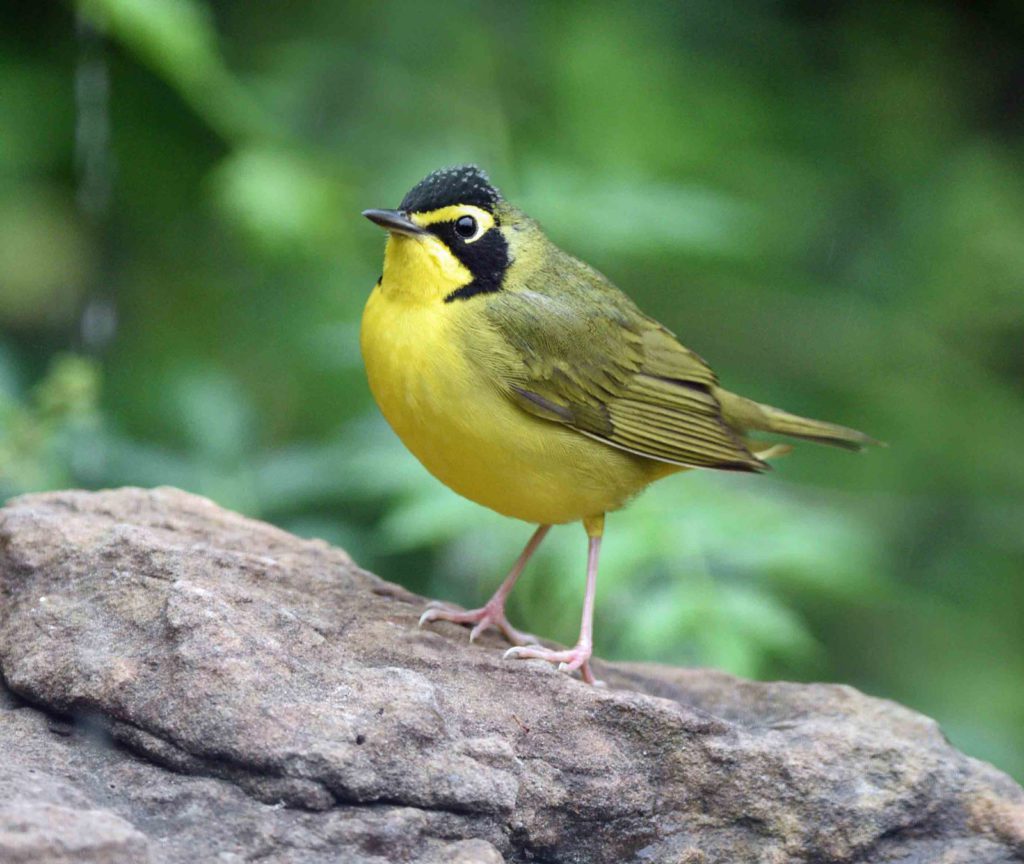
Ground cover: Kentucky Warbler
This ground-loving species is “heavy and lethargic,” according to Stevenson.
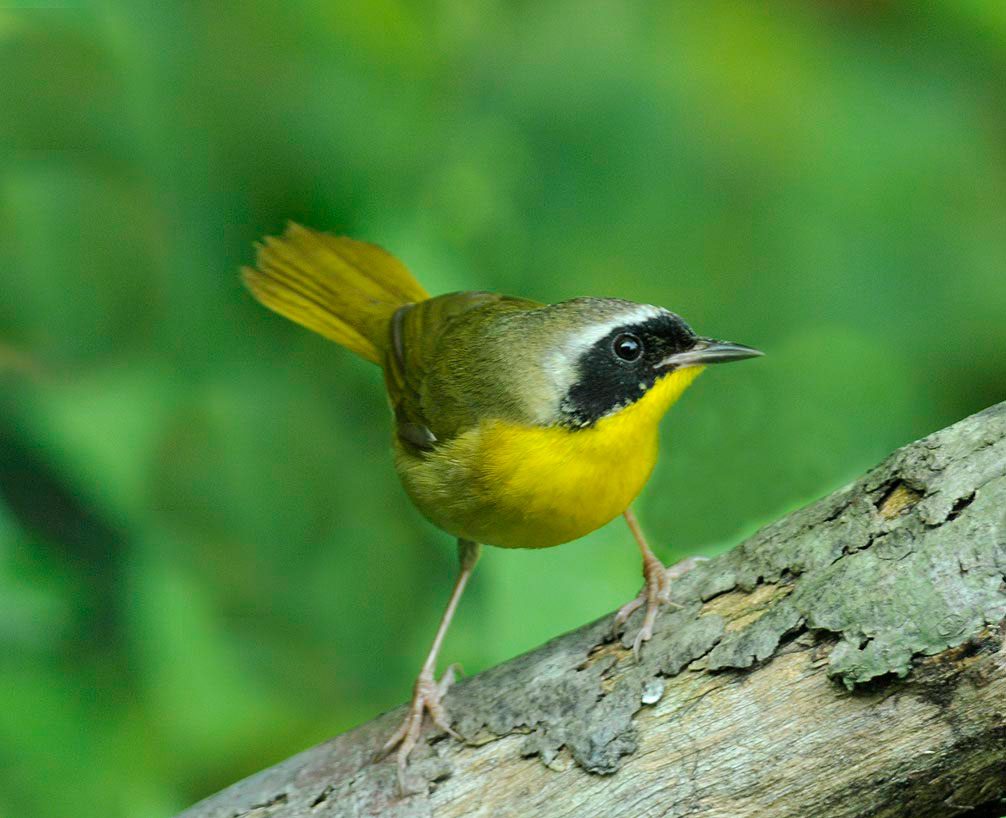
‘Chack’ out the Common Yellowthroat
These birds stay close to the ground. Males have a heavy black mask. Listen for their “chack” call note.
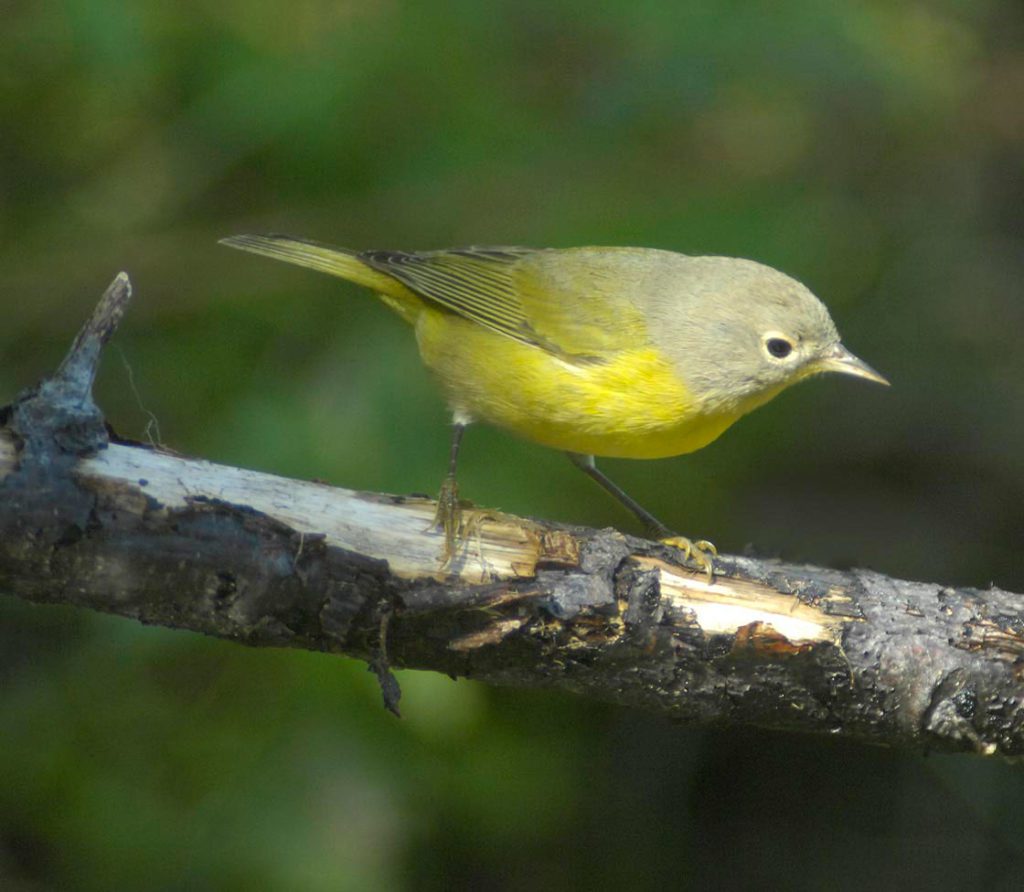
All the hits: Nashville Warbler
Around the beginning of October, the Nashville Warbler arrives to feed 4-12 feet above the ground. Note a gray head and white eye-ring.
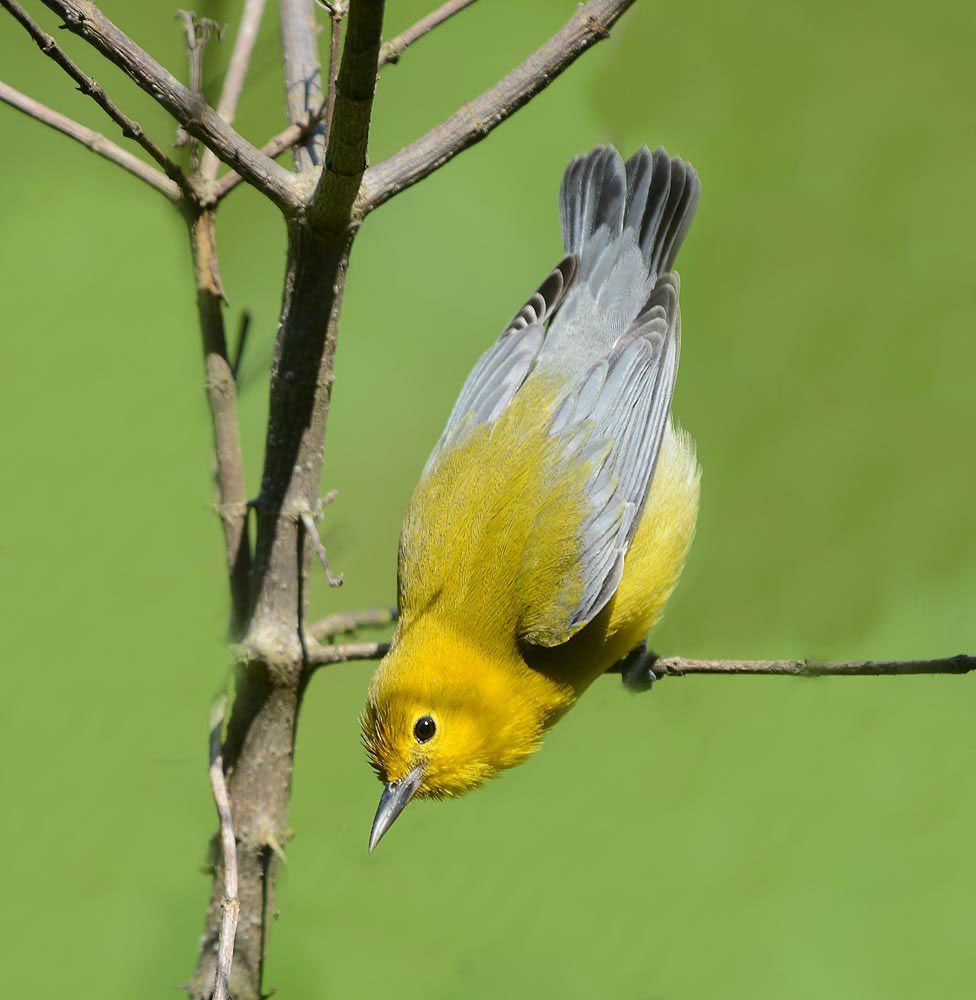
Like a prayer: Prothonotary Warbler
These golden birds are named for the office of the Catholic Church whose members wear robes of the same color. They stay on the ground, poking into things.
More from Jim Stevenson
Stevenson is involved with the Galveston Ornithological Society and is author of “Birds of the Gulf Coast.” His photos help guide readers to best birding locations, safety, seasons and nature study. For an autographed copy, send your requested message and $30 to GOS, Rt. 1, Box 185C, Galveston, Texas, 77554.
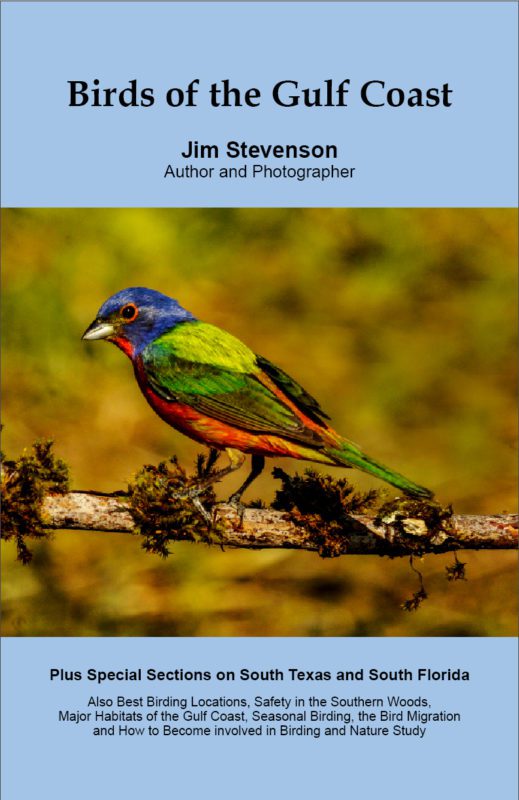
Our Birding Hot Spots
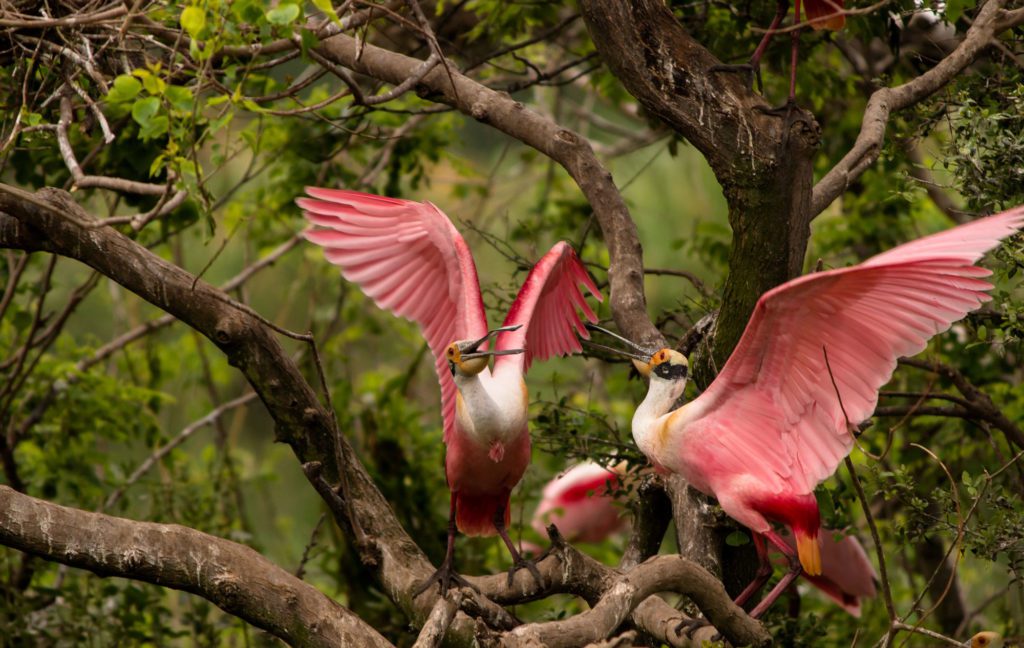
Sabine Woods
Sabine Woods gets them going in fall – as birds head way, way south for the winter – and coming back each spring. The Woods’ high oak mott positioning is the first land they see in spring and they know it’s time to stop for a bite.
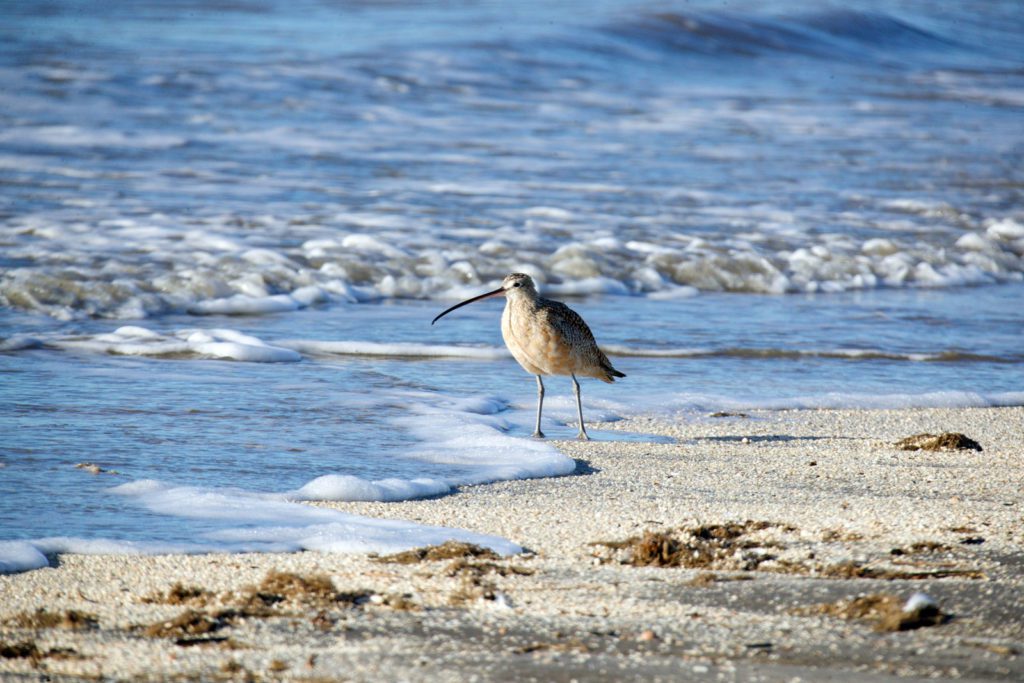
Sea Rim State Park
Sea Rim State Park’s 5 miles of natural beach, down the road from Sabine Woods, lets birds and birders share shore and boardwalks. Enjoy action along the Gulf of Mexico and make sure to spend time along the quieter marsh unit. Rent a kayak for the best views and a workout.
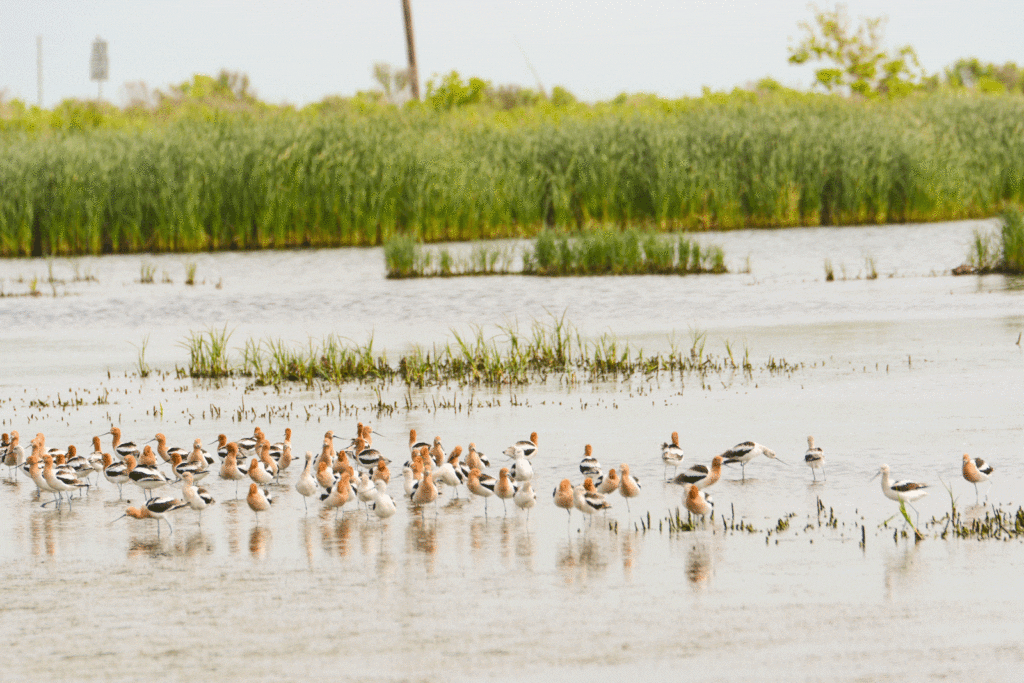
McFaddin National Wildlife Refuge
McFaddin National Wildlife Refuge, a wintering area for ducks and geese, has a documented 285 species having been observed.
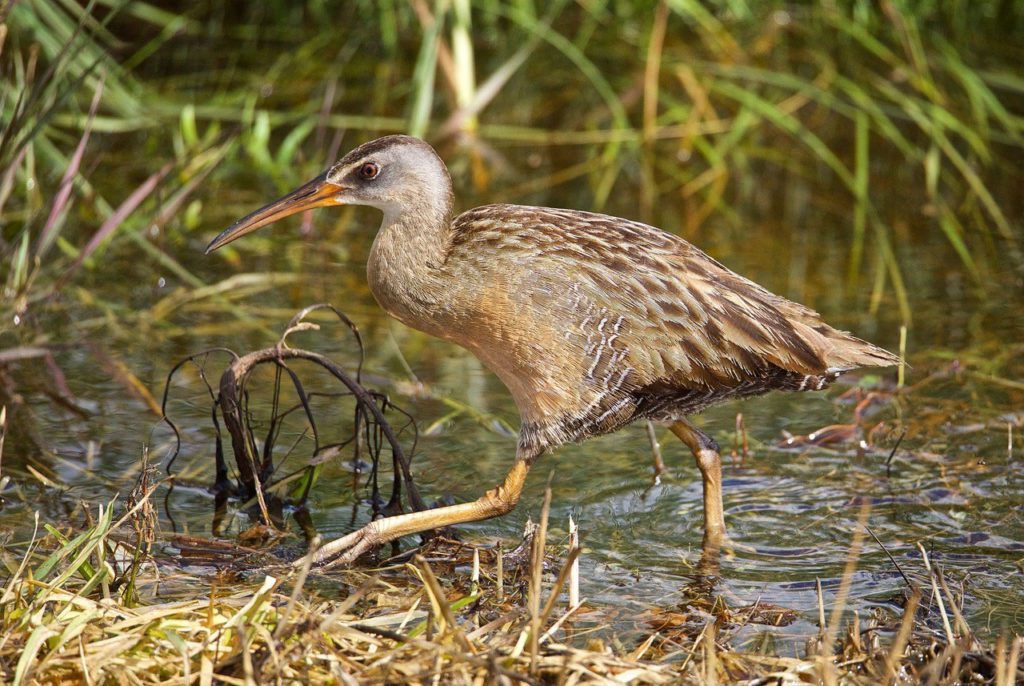
J.D. Murphree Wildlife Area
The J.D. Murphree Wildlife Area is a diverse wetland along the Texas Chenier Plain and Texas Point National wildlife refuge extends along the Gulf of Mexico shore land with tidal flats, shallow freshwater lakes and marsh influenced by daily tides.
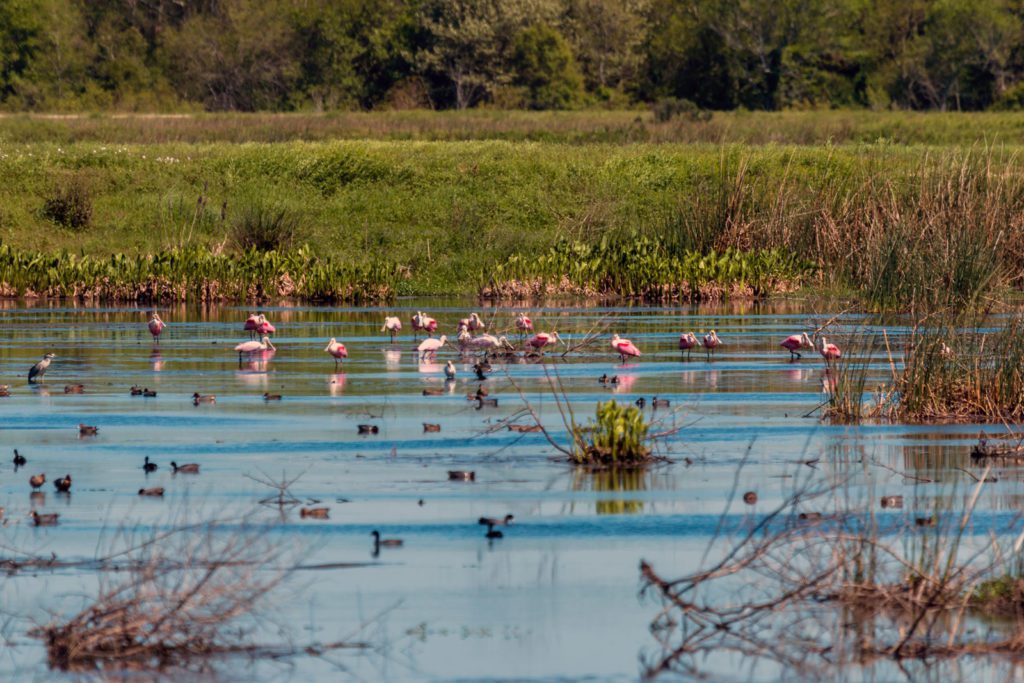
Cattail Marsh
Cattail Marsh encompasses more than 900 acres of wetlands. An education center overlooks the Cattail Marsh Boardwalk and offers spectacular views of birds and wildlife from its elevated wrap-around porch and classroom. The education center is the newest development at Cattail Marsh since the opening of the boardwalk.
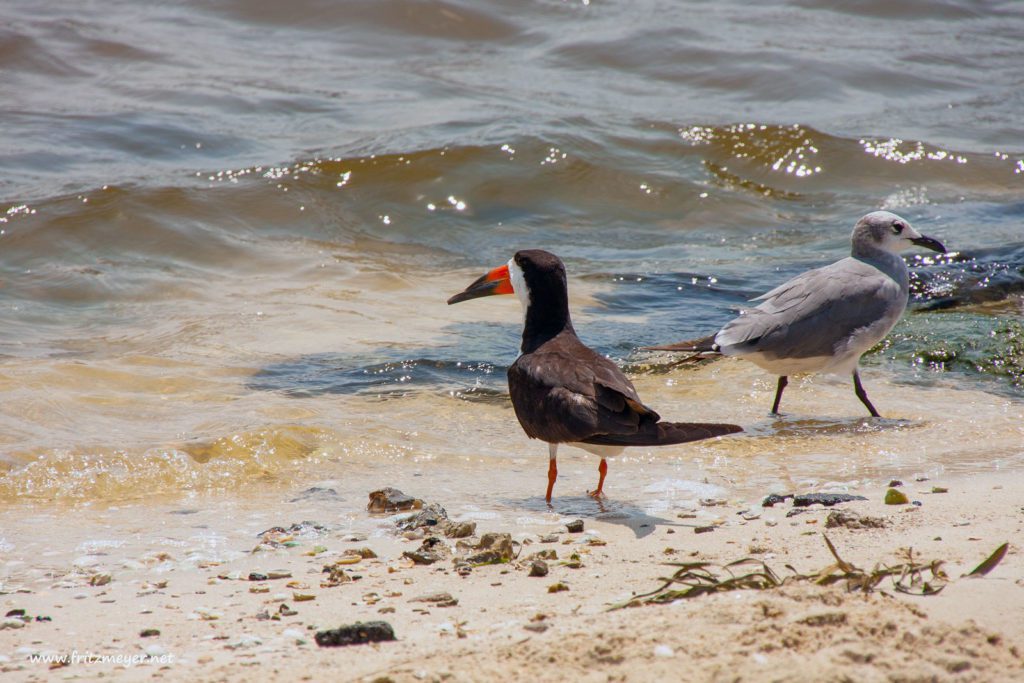
Pleasure Island
Make sure you bird Pleasure Island, overlooking Sabine Lake, which stretches all the way to Louisiana. And, come back for spring migration. Those birds can’t wait to get back to Port Arthur.
What to Look for and When:
- Late August through Mid- to Late-October – Southbound Fall Migrants
- Late November through early April – Waterfowl, geese, Sandhill Cranes (they leave about February), sparrows, hawks and other raptors. Look for wintering land birds such as Yellow-rumped Warblers and Blue-headed Vireos
- Some birds on shore in summer include Least Tern and Wilson’s Plover
- Other shorebirds from late July to about late April – Piping Plover, Black-bellied Plover, Snowy Plover and American Avocets, Local breeding species include Scissor-tailed Flycatchers, Eastern Kingbirds, Yellow-billed Cuckoos and Painted Buntings.
- Late March through Mid-May –Northbound spring neotropical migrants
- Roseate Spoonbills and two of the four egret species are here and visible year round. Cattle Egret are fewer in numbers in December through March.
Bird Notes:
We thank the Golden Triangle Audubon Society for maintaining internationally-famous Sabine Woods. When you stay in Port Arthur for birding, enjoy some surrounding areas including:
- Anahuac National Wildlife Refuge (fall, winter and early spring)
- McFaddin National Wildlife Refuge (fall, winter and early spring)
- Bolivar Flats (all year)
- Big Thicket area – Especially Hardin County (early summer, December-January)
- West Jefferson County (November through February)
- Smith Point Hawkwatch Tower (September and October) and Peveto Woods in nearby Louisiana.
We thank Dr. John Whittle of the Golden Triangle Audubon Society for our local birding updates.
Birds love our beaches, wetland marshes, woods, gardens and prairies. Make this your year to experience the Upper Texas Gulf Coast’s miles of shoreline that falls in both the Central and Mississippi Flyways. #birdportarthur

